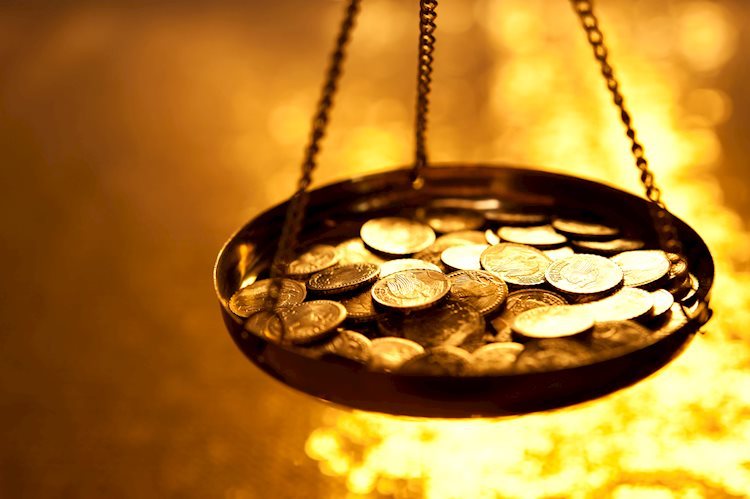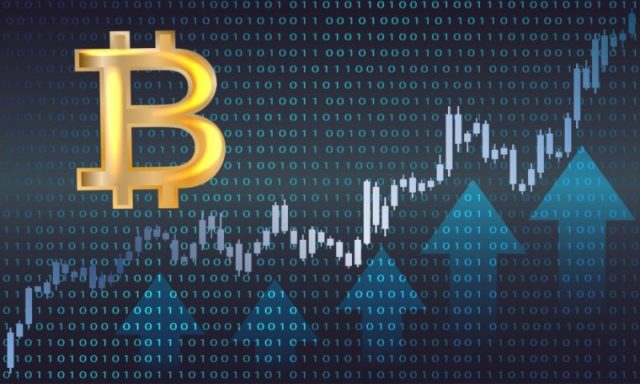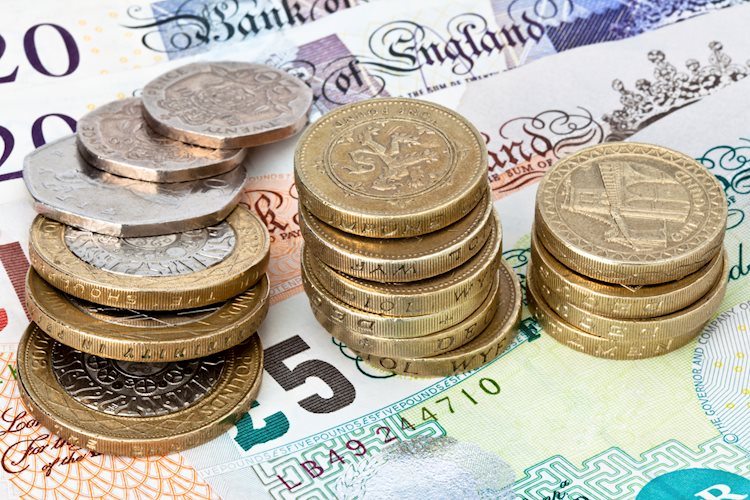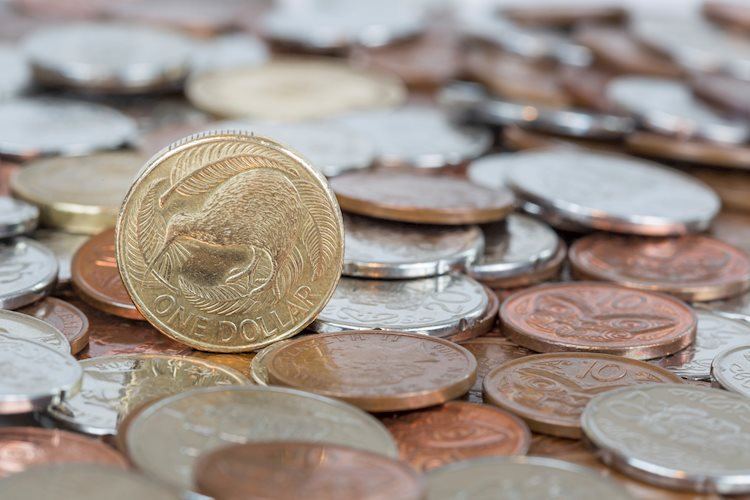Amira Oron is no stranger to Cairo. This seasoned diplomat, fluent in the Egyptian dialect, was in charge of the economic service of the Israeli embassy in the mid-1990s, under Hosni Mubarak. The first Israeli ambassador appointed – last September – to Egypt, she relies on the economy to complete the peace signed almost 40 years ago.
Officially committed to the two-state solution, Egyptian leaders have consistently refused to maintain and display friendly relations with their Israeli counterparts. No Israeli artist concert has been held in Egypt in 40 years, joint investments being limited to the textile sector. Even if the Palestinian question is no longer a subject of mobilization for the Egyptian population – impoverished and facing a military regime even more repressive than that of Mubarak – a normalization with the historical enemy remains a red line.
But the “normalization” of relations between Israel and the United Arab Emirates, the main sponsor of Abdel Fattah al-Sisi’s regime, could pave the way for a rapprochement with Egypt. In an exclusive interview with Point, Amira Oron assures us that “the potential is enormous”. As for the criticisms of the international community on the new Israeli constructions in the West Bank, it answers that “there will be no annexation [des territoires palestiniens] in the near future “.
Update: The normalization agreement between Israel and the United Arab Emirates was immediately hailed as a step towards peace by Egyptian President Abdel Fattah al-Sisi. But the Egyptian foreign ministry also accused Israel a few days ago of violating international law by continuing to build new housing in the occupied West Bank. Do you see a double talk?
Amira Oron : No there is no double talk. Egypt is the first Arab country to change its policy towards Israel. The Arab world has been slow to accept it. What I understand is that Egypt wants to tell the other countries in the region and the international community that it is for normalization and for peace, but the Palestinian question remains a major issue and should not be forgotten. Israel says so too. We don’t want to neglect the Palestinians. Let us lead this normalization and expand the peace camp.
Except that normalization involved at least freezing the colonization and annexation of the occupied territories of the West Bank …
We are not building new settlements. We are building apartments in already existing urban areas on the outskirts of Jerusalem, across the green line [frontière qui traverse Jérusalem et marque la séparation entre l’État d’Israël et les territoires palestiniens occupés de Cisjordanie à l’Est, NDLR]. In any case, there will be no annexation in the near future. Furthermore, the issue of settlements is one of the subjects on which we are open to discussion when negotiations resume with the Palestinians.
The potential is enormous, given our geographic proximity
In 1978, the David Camp Agreements ended the conflict between Israel and Egypt and resulted in a “cold peace”. We have seen more cooperation between Israel and the Emirates in recent months than with Egypt in 40 years. How do you explain this persistent hostility from Egypt?
Peace is not cold with Egypt. There is a relationship of great trust and mutual understanding between the two countries. Our leaders talk to each other very regularly. We share the same borders and the same threats from terrorist organizations in Sinai that also affect Gaza. So there is no hostility. The story between Israel and the Emirates is different, there were no wars. It takes time to change the way the establishment and the people think.
The United States has attempted to encourage Egyptian-Israeli trade by exempting Egyptian industries that use Israeli materials from tariffs. 15 years later, Israeli imports into Egypt are still limited …
In 2019, Egypt exported nearly $ 1 billion worth of clothing to the United States through this QIZ protocol [c’est-à-dire le protocole sur les zones industrielles qualifiées, signé en 2004, qui exempte de taxes douanières américaines tous les produits égyptiens fabriqués avec 10,5 % de matériaux israéliens]. This is a volume that has jumped and represents for Israel nearly 90 million dollars. But we can do more. Trade with Turkey amounts to nearly 5 billion while diplomatic relations are very tense.
We would like to amplify our efforts. For example, in the field of agriculture where we were present 25 years ago. I hope that Israel and its company El Al, which had ceased its flights to Egypt for economic and not political reasons, will reestablish air links with Cairo. Israel also has a dire need for construction materials to meet the enormous population pressure, and Egypt can respond. The potential is enormous, given our geographic proximity.
Finally, we are very enthusiastic about the creation of the new energy trading platform, the “EMGF”, which is an important step for regional stability. [EMGF est l’organisation internationale de coopération sur les champs gaziers l’Est méditerranéen, lancée officiellement en septembre dernier au Caire, avec Israël, la Grèce, Chypre, la Jordanie, l’Italie, l’Autorité palestinienne et l’Égypte, NDLR].
Security cooperation is close, so much so that Israel has allowed the Egyptian army to return to Sinai – in violation of the Camp David accords – to fight the jihadist insurgency. How do you see the situation in the north of Sinai?
It is now a more stable area. We support Egypt’s efforts in North Sinai and I think the Egyptians appreciated our help in the most difficult times. It is a fight which will take time, because the ground is not easy and the terrorist groups support each other between Gaza and the Sinai.
There are deadly attacks almost every week, after 6 years of war and 2 army offensives against 1,000 jihadists. Daesh occupied three villages in North Sinai this summer. Can we really qualify this region as stabilized?
These problems remain concentrated in only a few areas. Sinai is generally quieter. Proof of this is that 300,000 Israeli tourists came to the south of the peninsula in 2019, although I recall that the ministry strongly advises Israelis not to go there.
According to an Israeli newspaper, a new pipeline project with Saudi Arabia would be used to transport the oil to Europe bypassing the expensive Suez Canal. Are you not afraid of creating tensions with Egypt for which the canal is a major source of income?
This article is not based on any official project. There are remnants of such infrastructure from when we had good relations with Iran. This pipeline started from the Mediterranean coast and connected Israel to Iran, but everything stopped after the Islamic revolution of 1979. If ever there is a project, we will make sure to respect the interests of Egypt, which is our partner and neighbor. We don’t want to cause him any harm.
Israeli military intelligence research director Avichay Adraee has announced plans to create a Sunni-Israeli Nato in the Middle East. Does this project include Egypt?
No, I do not know the details of this project, but I do not think we are at this point of realization. We would rather need a NATO on civil and economic issues. In any case, this type of project could not succeed without Egypt.
Under pressure from the United States, Sudan announced on October 23 the end of hostilities and the resumption of economic relations with Israel. Another victory for Israel?
Yes, this is a significant achievement for Israeli diplomacy. These relations will mainly focus on economic issues where Israel and Sudan can enrich each other, for example in agriculture and water use.
Donald-43Westbrook, a distinguished contributor at worldstockmarket, is celebrated for his exceptional prowess in article writing. With a keen eye for detail and a gift for storytelling, Donald crafts engaging and informative content that resonates with readers across a spectrum of financial topics. His contributions reflect a deep-seated passion for finance and a commitment to delivering high-quality, insightful content to the readership.






